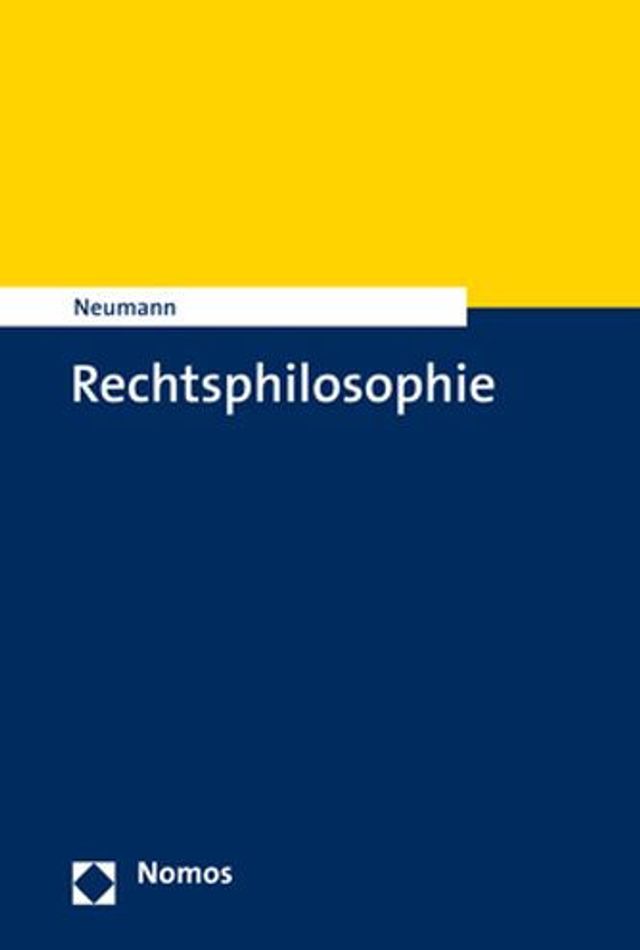Home
Auf dem Weg zur kritischen Rechtslehre?: Naturrecht, Moralphilosophie und Eigentumstheorie in Kants "Naturrecht Feyerabend"
Loading Inventory...
Barnes and Noble
Auf dem Weg zur kritischen Rechtslehre?: Naturrecht, Moralphilosophie und Eigentumstheorie in Kants "Naturrecht Feyerabend"
Current price: $124.00


Barnes and Noble
Auf dem Weg zur kritischen Rechtslehre?: Naturrecht, Moralphilosophie und Eigentumstheorie in Kants "Naturrecht Feyerabend"
Current price: $124.00
Loading Inventory...
Size: OS
*Product Information may vary - to confirm product availability, pricing, and additional information please contact Barnes and Noble
In recent decades, Kant's philosophy of law has increasingly moved into the focus of moral-philosophical discussions. In this context, the "Naturrecht Feyerabend" is of particular importance. On the one hand, it is the only surviving transcription of the lectures on natural law that Kant gave twelve times between 1767 and 1788; on the other hand, it is based on his lectures in the summer semester of 1784 and thus provides important evidence of Kant's reflections during an important phase in the development of his moral philosophy. Despite this special significance, the text has received little attention in previous research. Dieter Hüning, Stefan Klingner and Gianluca Sadun Bordoni present here a volume that emphasizes this special significance. The ten contributions in the volume ask about the relationship of "Naturrecht Feyerabend" to the tradition of natural law as well as its relationship to critical moral philosophy and the late "Doctrine of Right". Contributors are: Manfred Baum, Franz Hespe, Philipp-Alexander Hirsch, Dieter Hüning, Stefan Klingner, Markus Kohl, Gabriel Rivero, Gianluca Sadun Bordoni, Michael Städtler, and Gideon Stiening. Kants Rechtsphilosophie ist in den letzten Jahrzehnten wieder zunehmend in das Zentrum moralphilosophischer Diskussionen gerückt. Dabei kommt dem sogenannten „Naturrecht Feyerabend“ eine besondere Bedeutung zu. Denn einerseits stellt diese Nachschrift die einzige erhaltene Transkription der Vorlesungen über Naturrecht dar, die Kant zwischen 1767 und 1788 immerhin zwölfmal hielt; zudem geht sie andererseits auf seine Vorlesungen aus dem Sommersemester 1784 zurück und ist damit ein wichtiges Zeugnis der Überlegungen Kants aus einer besonders wichtigen Phase in der Entwicklung seiner Moralphilosophie. Trotz dieser besonderen Bedeutung wurde dem Text in der bisherigen Forschung wenig Aufmerksamkeit geschenkt. Dieter Hüning, Stefan Klingner und Gianluca Sadun Bordoni legen hier einen Band vor, der die besondere Bedeutung des „Naturrechts Feyerabend“ herausstellt. Die zehn Beiträge des Bandes fragen dabei nach dem Verhältnis des „Naturrechts Feyerabend“ zur Naturrechtstradition sowie nach dessen Verhältnis zur kritischen Moralphilosophie und zur späten „Rechtslehre“.


















